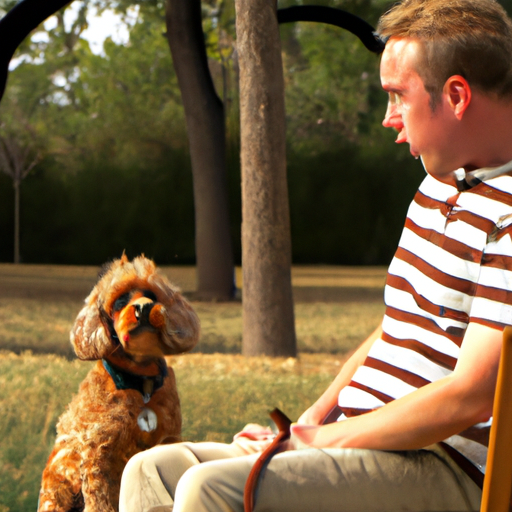Understanding the Language of Growls
You might have noticed your dog growling at other dogs during walks or playtime. While this may seem alarming, it’s essential to understand that dogs communicate differently than humans. Growling is one of the many ways dogs express themselves. It’s not always a sign of aggression – sometimes, it could be fear, discomfort, or even excitement. But how do you decode these growls?
Reasons Behind the Growls
Dogs growl for various reasons:
-
Aggression: In some cases, growling can indeed be a sign of aggression. Your pooch might feel threatened or territorial.
-
Fear: Dogs often growl when they’re scared. This could be a reaction to a bigger dog, a new environment, or unfamiliar dogs.
-
Playfulness: Surprisingly, dogs also growl during play. It’s their way of engaging and showing enthusiasm.
Here’s a simple table to help you understand:
| Reason | Potential Cause | Solution |
|---|---|---|
| Aggression | Territorial, Protective | Training, Socializing |
| Fear | New environment, Larger dogs | Comforting, Training |
| Playfulness | Excitement, Engagement | No action needed |
How to Respond to Growling
It’s important to respond to your dog’s growling appropriately. If the growling is due to aggression or fear, it’s necessary to address the issue to prevent it from escalating. Here are some tips:
-
Don’t Punish: Punishing your dog for growling may suppress the growl, but not the underlying problem. You might end up with a dog who bites without warning.
-
Identify the Cause: Try to understand what’s triggering your dog. Is it a specific dog? A type of dog? A particular location?
-
Seek Professional Help: If the growling continues or becomes aggressive, consider seeking help from a professional dog trainer or behaviorist.
Socializing Your Dog
One way to prevent your dog from growling at other dogs is by socializing them. Here are a few steps you can follow:
-
Start young: The earlier you start socializing your dog, the better. Puppies are much more adaptable and open to new experiences.
-
Gradual exposure: Don’t overwhelm your dog with too many new experiences at once. Start with one dog and gradually increase their exposure.
-
Positive reinforcement: Use treats, praises, and rewards to make the experience pleasant for your dog.
Frequently Asked Questions
1. Why does my dog growl at some dogs and not others?
Each dog is unique with its own set of likes and dislikes. Your dog might feel comfortable with some dogs and threatened or scared by others.
2. My dog growls during play. Should I be worried?
Not necessarily. Dogs often growl during play as a form of communication. However, if the play becomes aggressive, it might be time to intervene.
3. How can I stop my dog from growling at other dogs?
Understanding the cause of the growling is the first step. Once you’ve identified the trigger, you can work towards managing it through training, socializing, or professional help.
Remember, as a caregiver, your role is not just about providing food and shelter, but also understanding and responding to your dog’s needs. After all, every growl is a word in your dog’s language. The better you understand it, the stronger your bond will be.



